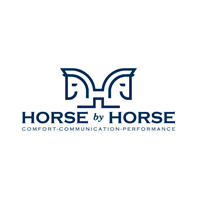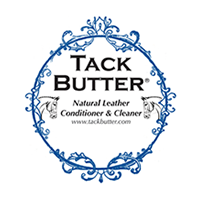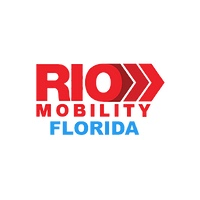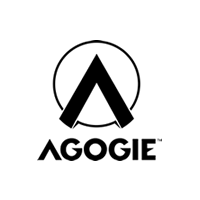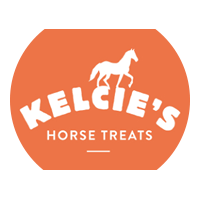FAQ's
frequently asked questions
Knowledge is power!
The Paralympics and Special Olympics are two different organizations. The Special Olympics unites people with intellectual disabilities for the world’s largest sporting event for people with special needs. “The Special Olympics are only for athletes with intellectual impairments, according to Special Olympics International . But athletes who compete in the Paralympics can be a part of any one or combination of six main disabilities categories. Those categories are spinal injuries, amputee, cerebral palsy, visual impairment, intellectual impairment or the "Les Autres" category for any other condition, according to the IPC . Secondly, athletes who compete in the Paralympics are elite athletes who have to qualify for the games and meet certain standards of performance, according to the IPC. For the Special Olympics, anyone over the age of eight with any ability level can train and compete in the games, according to Special Olympics International. Athletes in the Special Olympics are randomly selected to participate. The other significant difference between the two is the timing and the scale of the games. The Special Olympics happen in seven regions around the world in 170 countries, year round, and involve 32 sports. The Paralympic Games, in contrast, coincide with the Olympics, meaning the Winter Games happen every four years, as do the Summer Games, on a staggered schedule.”
Source: Newsweek "PARALYMPICS VS. SPECIAL OLYMPICS: WHAT'S THE DIFFERENCE BETWEEN THE GAMES?"
As of 2020 there are 23 sports included in the Paralympics! These sports include:
- Archery
- Athletics
- Badminton
- Boccia
- Canoe-Sprint
- Road Cycling
- Track Cycling
- Equestrian.... My sport!
- Judo
- 5-a-side Football
- Goalball
- Powerlifting
- Rowing
- Shooting
- Sitting Volleyball
- Swimming
- Table Tennis
- Taekwondo
- Triathlon
- Wheelchair Basketball
- Wheelchair Fencing
- Wheelchair Rugby
- Wheelchair Tennis
I know it feels overwhelming at first with so many ways to get information nowadays! I urge you to visit the International Paralympic Committee website to learn more about the Para sport you are interested in!
After you learn more about Para sports internationally, I would suggest you look up your National Governing Body’s website for resources about to get involved with the specific sport you are interested in participating in! In the United States the information about Para Dressage can be found at USEF – The United States Equestrian Federation. Informations specific to the US can be found at the USPEA or the United States Para Equestrian Association
For Paradressage our classifications take place unmounted and are a series of muscle tests performed by physical therapists who are certified as classifiers. These tests are designed to place you into your athletic profile which in turn places you into a grade with people with similar physical disabilities to your own, so the playing field is level for everyone. Here is link to the Paradressage Classification System.
*The classification system varies from sport to sport.*
Sponsors -- click the logo to visit a sponsor's site.
NEW! Sponsor Discount Codes and Save with Syd:
EvermorePetFood: (15 % off your first order)
Use Code: FRIENDSOFSYD15
Corroshop: (10 % off your first order)
Use Code: SYD10
Nupafeed: (10% off)
Use Code: collier10
Ecovet: (25% off)
Use Code: COLLIER25
Eques Pante: (15% off)
Use Code: SYD15
















